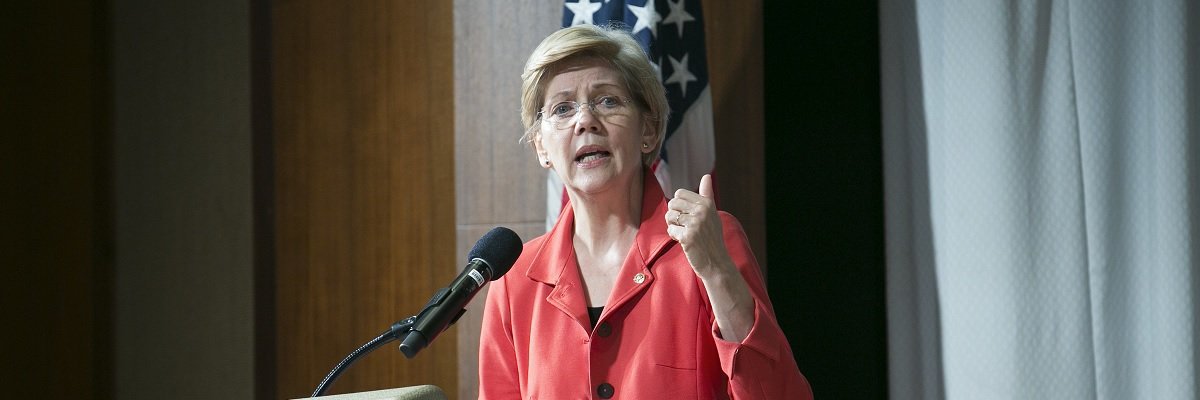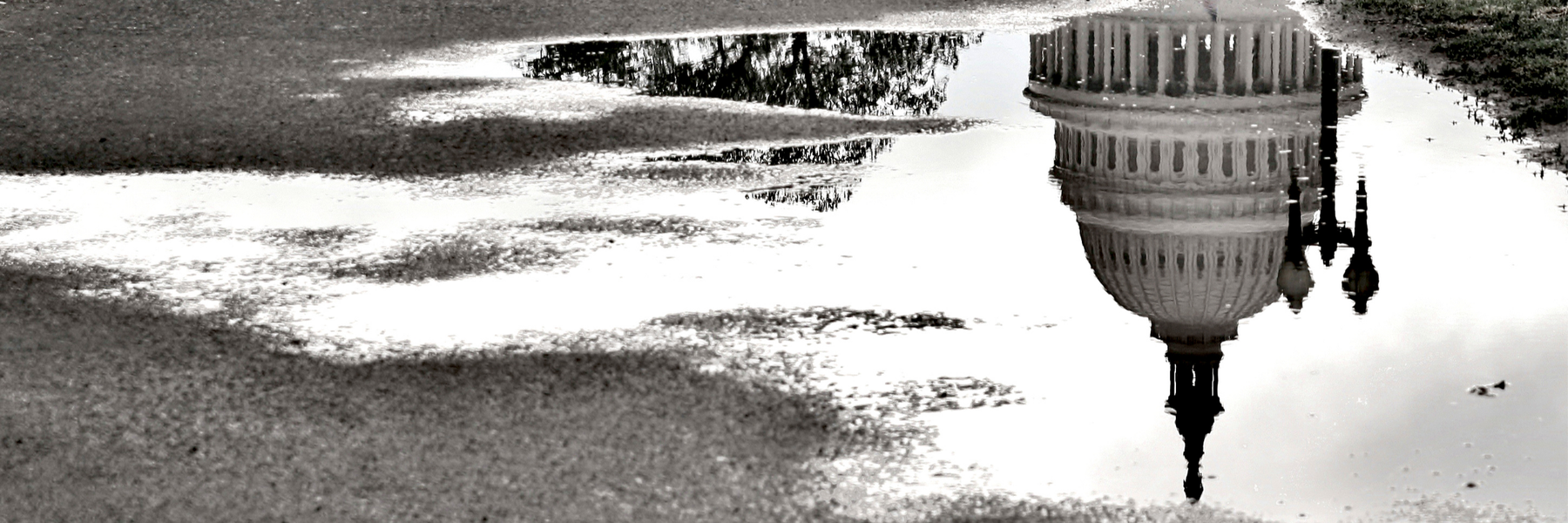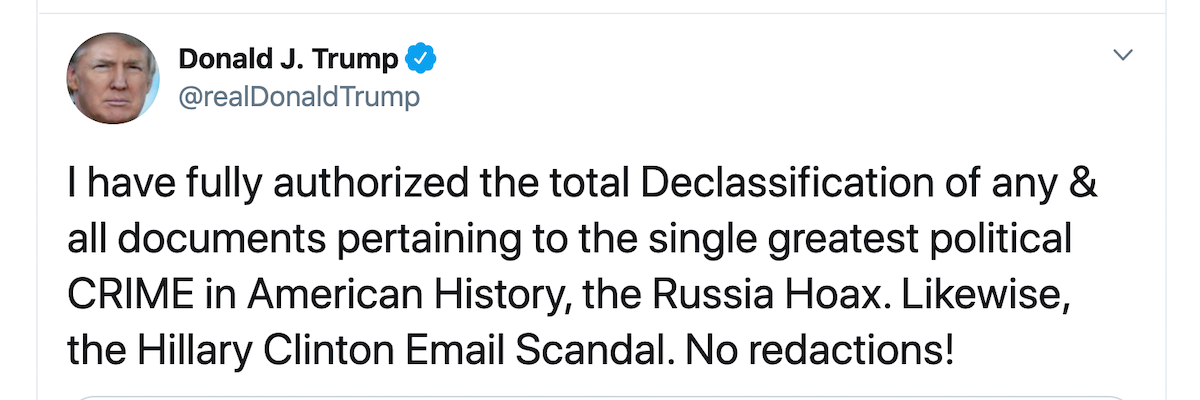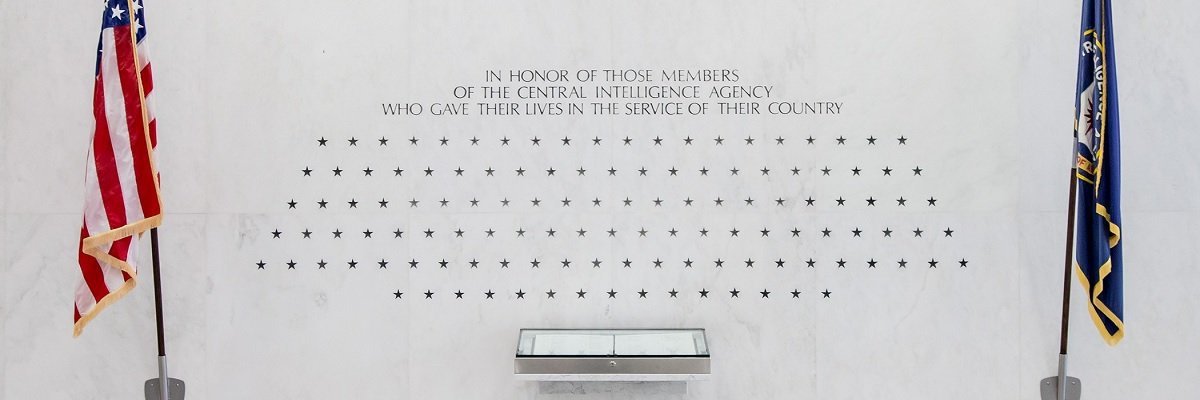On November 23, 2016, Senator Warren and Representative Cummings wrote to the Government Accountability Office (GAO) to request an investigation into Trump’s Presidential Transition Team, referencing reports of “disarray” and “chaos.”
On this basis, and the Presidential Transition Act of 1963, the letter asked that an investigation be conducted and begun “as quickly as possible,” in part because the transition would only last until January 20th. The GAO, however, waited at least a month before beginning the review.
In response to the letter, I immediately filed a request under 4 CFR 81 (the GAO’s equivalent of FOIA) for information relating to the investigation. The GAO eventually responded in a letter dated December 21, which they didn’t actually send until January 4th - a detail we include because they sent the response through email as well as snail mail. According to the letter, the GAO had “received a request from Congress to conduct work regarding President-Elect Donald Trump’s transition. However, the work for this project has not begun. At this time, we are unable to provide an estimated completion date.”

Their response was insufficient for several reasons, including their failure to provide notice (as required by their regulations) that the response could be appealed to the Comptroller General. This point was significant because while the investigation had not yet begun, the request had explicitly asked for ” all correspondence, notes and talking points” relating to the request and investigation. The failure to begin the investigation did not mean that no such correspondence or notes existed - which I pointed out to the GAO. In response, they promised to look for any responsive materials.
The next response from the GAO came on January 12, and indicated that they had finally begun work on the investigation. While before, they refused to release information because the investigation hadn’t begun, the GAO now used the opposite argument to achieve the same result, declaring that the release of any such records - including talking points or a copy of the letter received from Congress (the request sent explicitly requested all correspondence, which would include Senator Warren’s already public letter) - would interfere with an ongoing investigation.
While this is an all-too-typical example of government transparency being defeated by a Catch-22, it did significantly reveal that the investigation had finally begun - just over a week before the Presidential Transition ended.

While technically the investigation could have begun at any point between December 21 and January 12, the date they sent the letter (about two weeks after it was allegedly written) is a more accurate guide to when it was created - therefore, it’s likely that the investigation actually began at some point after January 4 and on or before January 12.
The GAO’s failure to begin the investigation “as quickly as possible” is not merely a failing of government bureaucracy. The concerns raised in the letter from Congress mirrored the concerns that would be publicly raised officially by both intelligence agencies and legal scholars over the next several weeks, including Trump’s business holdings, conflicts of interest, and contact with foreign leaders. These concerns are especially important after it was confirmed that, during the transition, Michael Flynn broke protocol (and possibly the law) by discussing sanctions with Russian officials. The GAO’s failure to begin an investigation in a timely manner meant that these issues weren’t investigated as quickly or as thoroughly as possible.

Of greater concern, however, is the fact that the GAO stalled long enough so that the investigation could not conclude before Trump became President, creating a situation where Trump would soon be (and now is) in a position to effect the investigation through political pressure or firings. While the GAO is technically an independent agency that works for Congress, it would be naive to think that it is immune from the influence of a President who has shown his willingness to have the senior attorney in the Department of Justice fired for questioning the legality of an Executive Order.
As for when the investigation might be complete, or whether or not the public might get to see the results, that remains to be seen. According to the GAO’s final response, they require Congressional authorization to release such information. The letter goes on to say that they refuse to “seek authorization while the work is ongoing.” Unfortunately, this is not the first instance of an agency refusing to release information about Donald Trump and his administration without the intervention of Congress, and it will likely not be the last.
Read GAO’s rejection embedded below, or on the request page.
Like M Best’s work? Support them on Patreon.
Image via Wikimedia Commons




